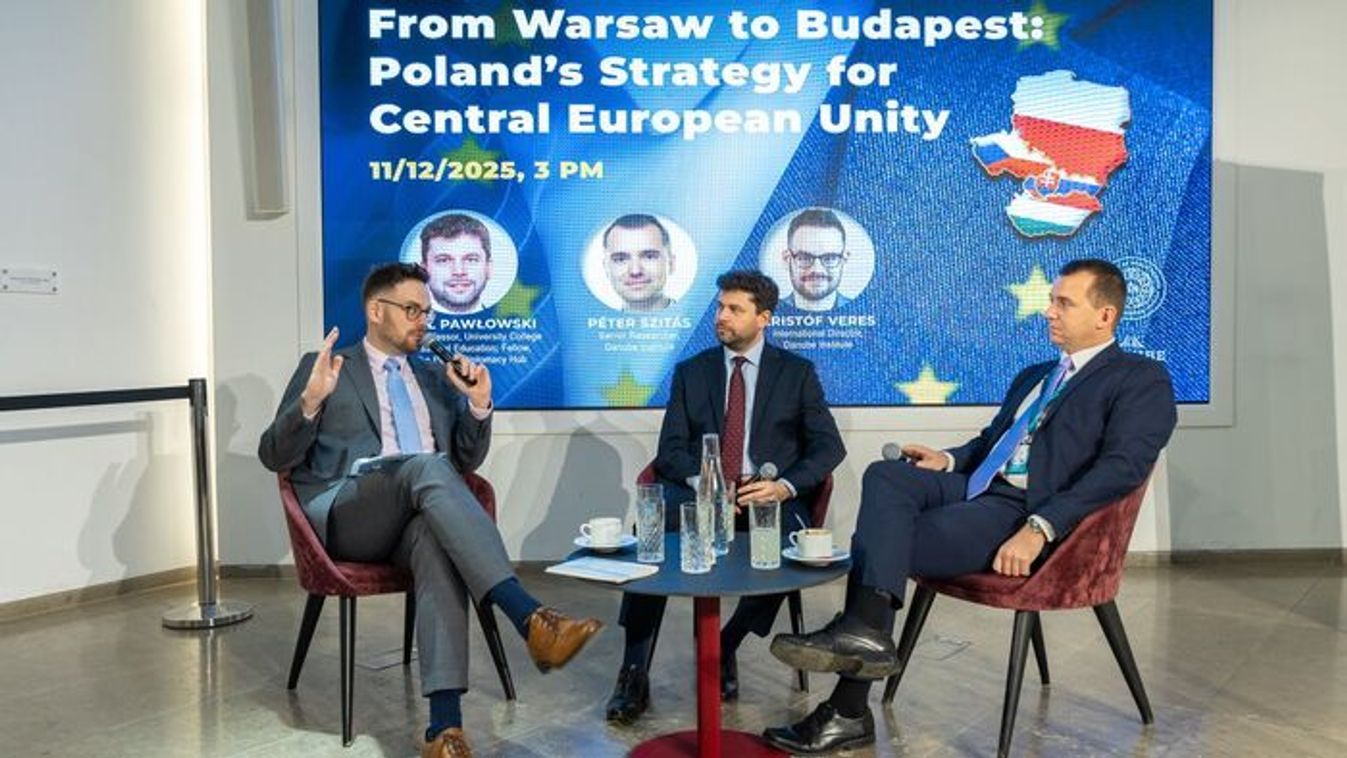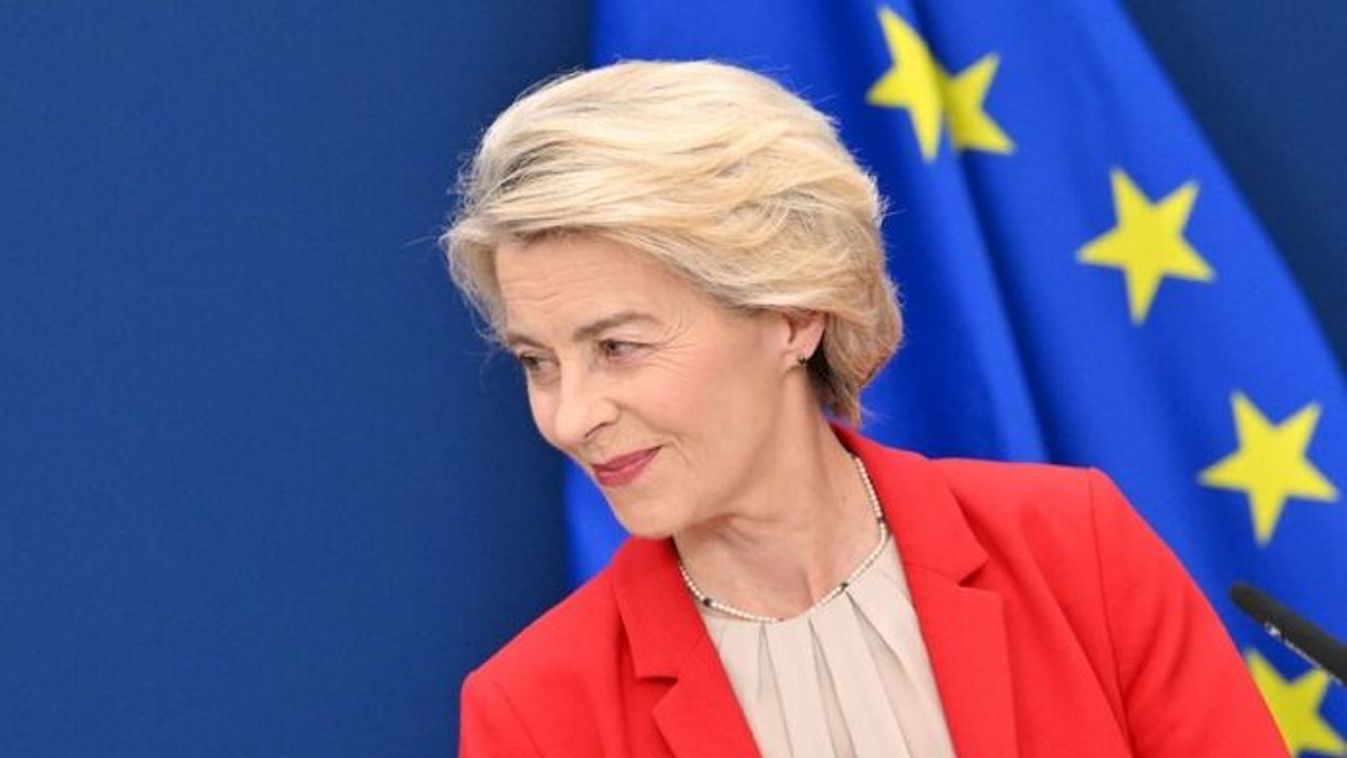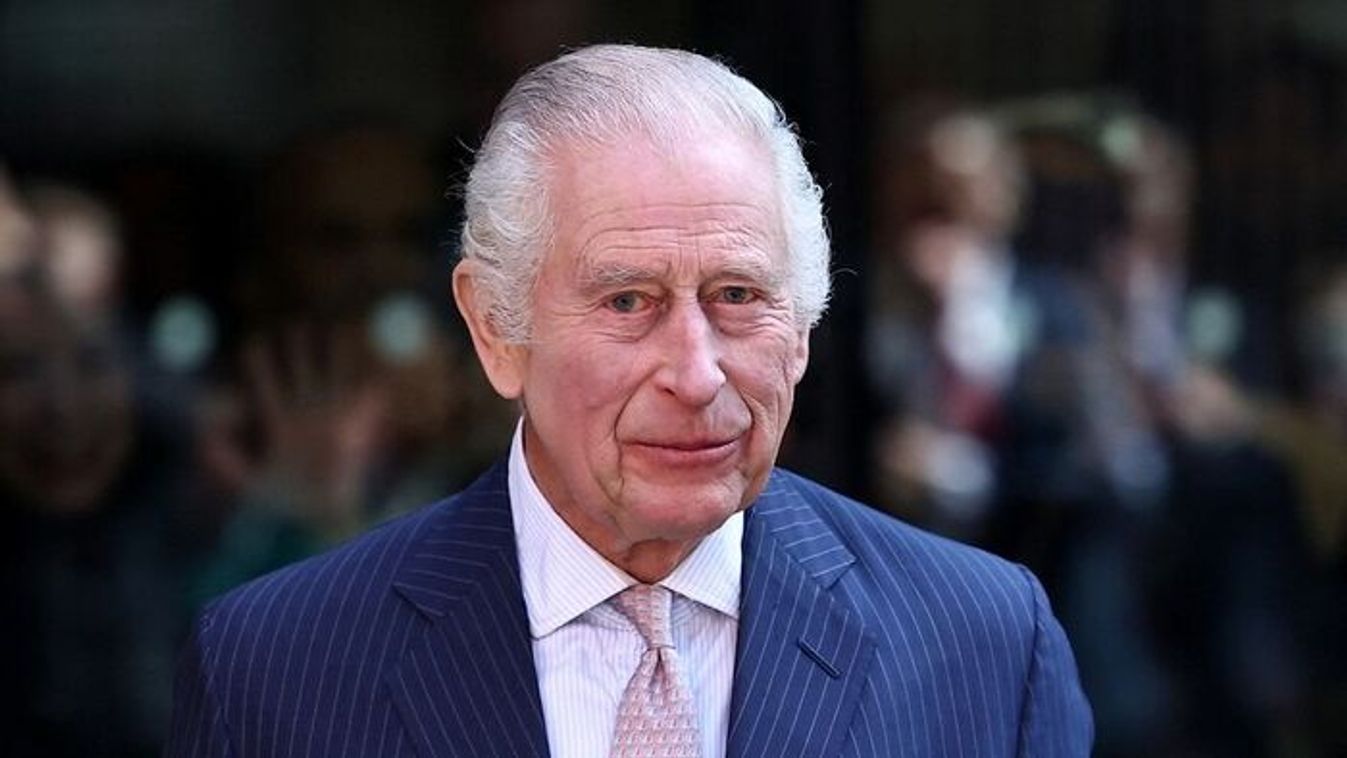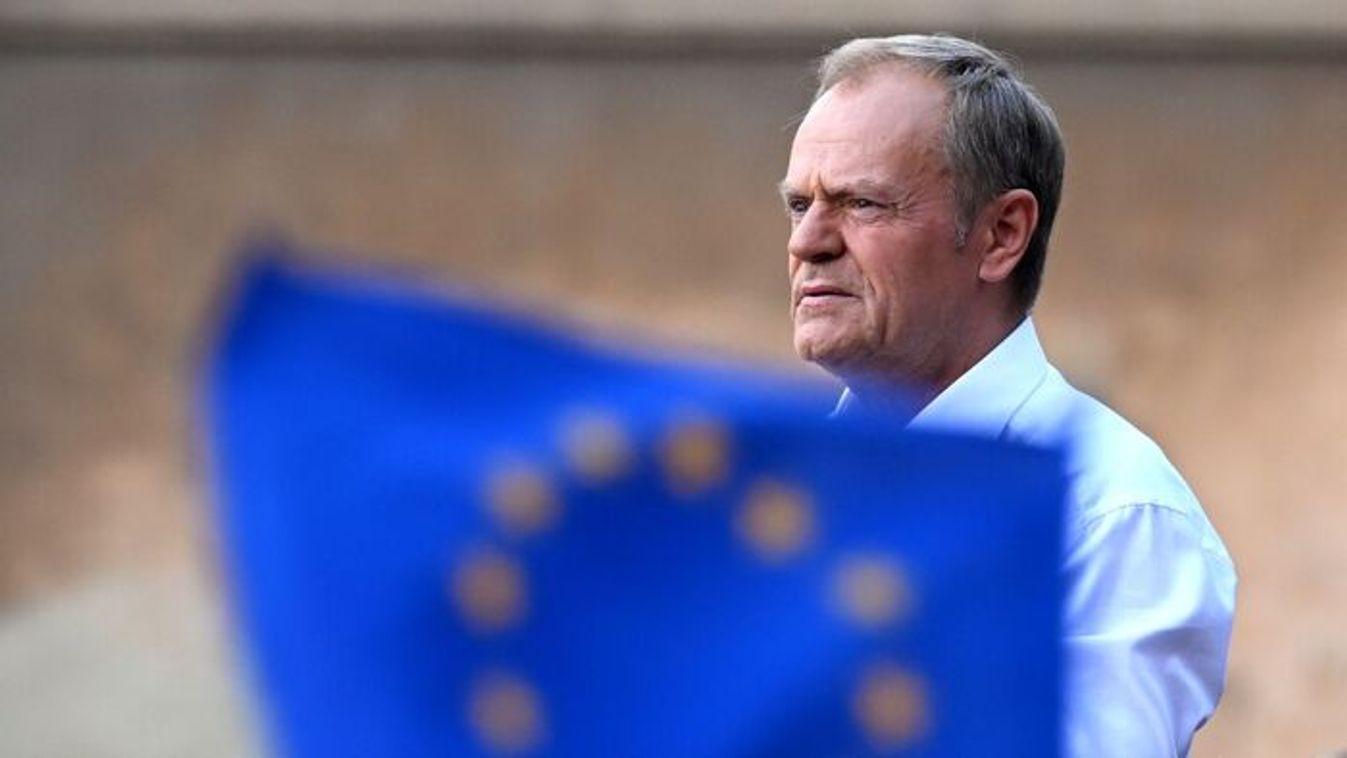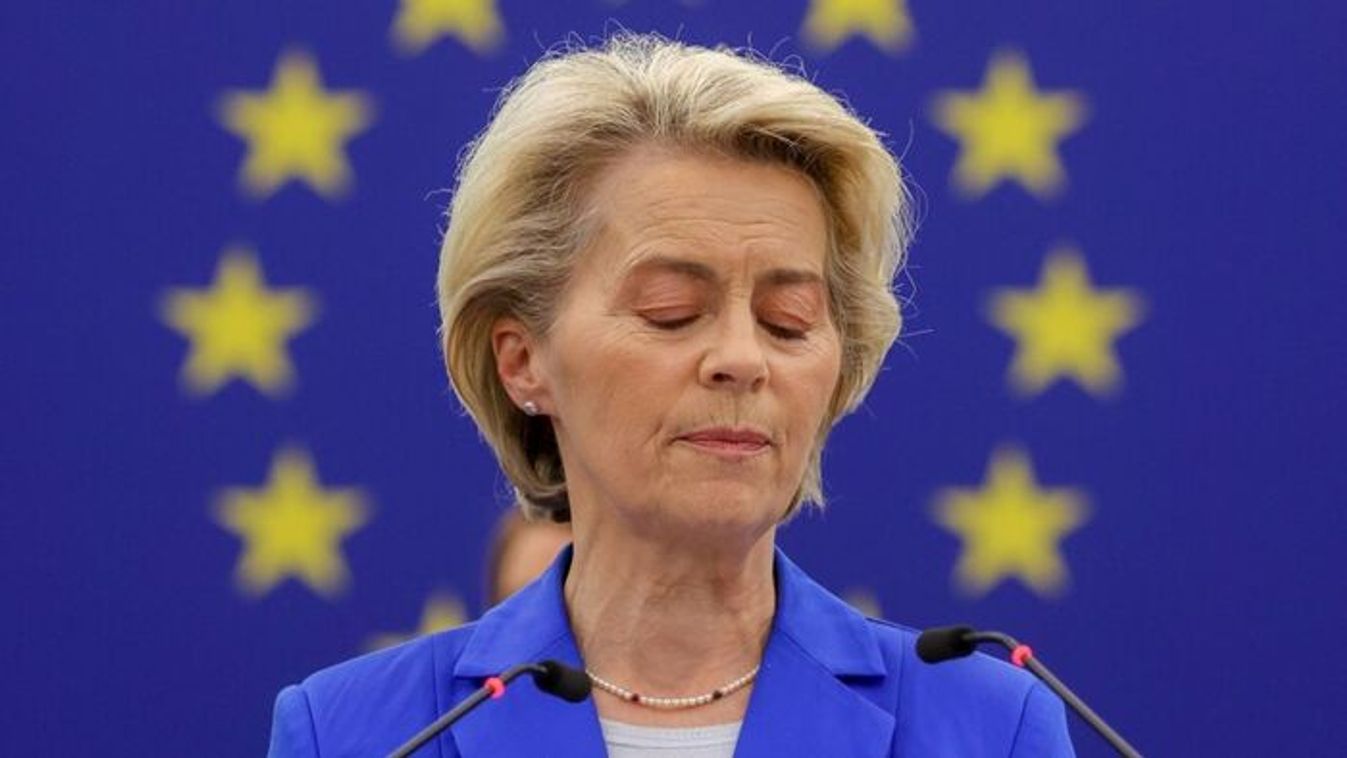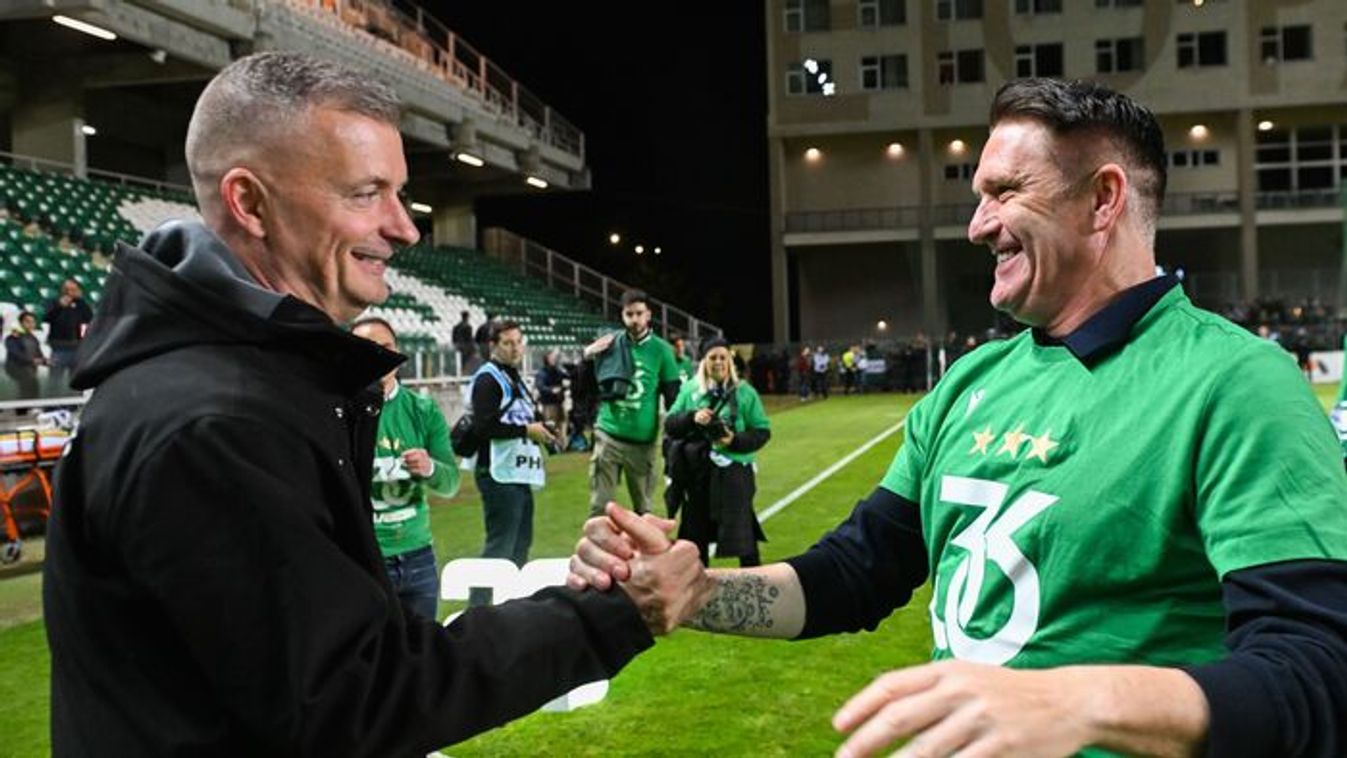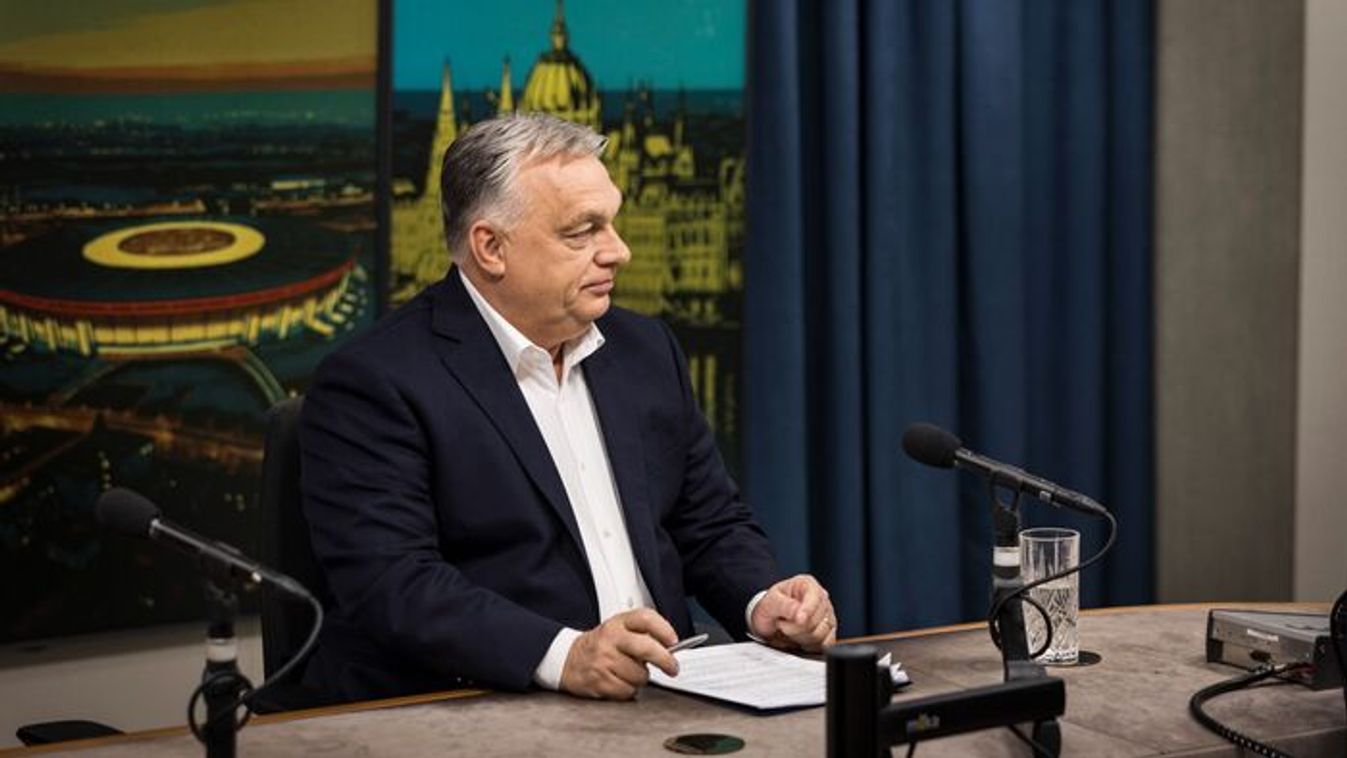„For being nice, Kaczynski was rewarded by the electorate: he missed the presidency by around just 200,000 votes, an achievement nobody would have predicted two months ago. More importantly, he has reasserted his leadership of the Law and Justice party right in time for the 2011 parliamentary elections. These are what matter more in Polish politics, because they create governments, whereas the presidency is more of a symbolic role, which comes with a veto that can block parliamentary bills. Really, this election was a referendum on the governing Civic Platform's aim to move closer to the EU and accelerate market-oriented reforms, which will be endorsed by Komorowski. Kaczynski would have used presidential powers to block government bills, to keep the EU at arm's length, defend public sector jobs and maintain the welfare state. Almost half of Poles want the latter.
Kaczynski and his Law and Justice party are socialists on economic matters. The working-class electorate who chose Kaczynski yesterday were voting for the Polish equivalent of Old Labour policy, not rightwing, firebrand rhetoric. Living standards in big cities such as Warsaw and Krakow are still a world apart from the subsistence farms of the south-east and the rundown estates of mid-sized towns. Poland's workers, especially those who lost in the transition from communism, have legitimate concerns that Civic Platform austerity will make life tougher than it already is. They will continue to have a voice, while Kaczynski and Napieralski are listening. From now on, Polish politics is about the economy, not lifestyle.”
